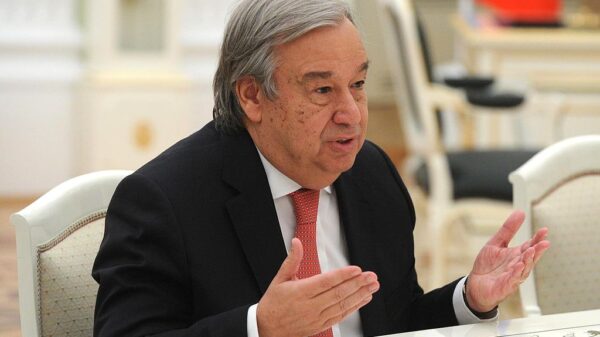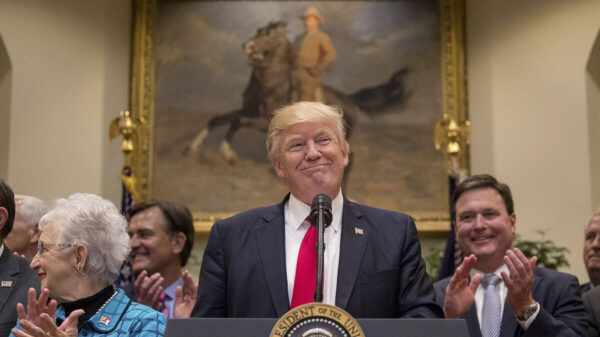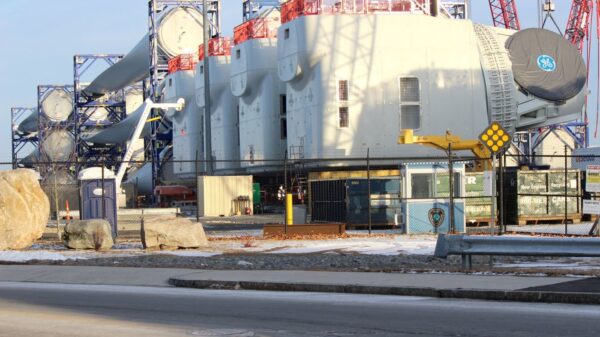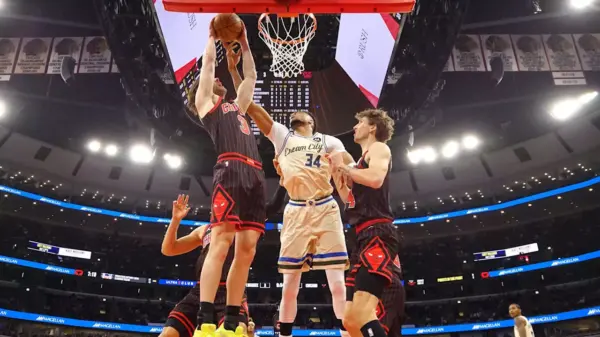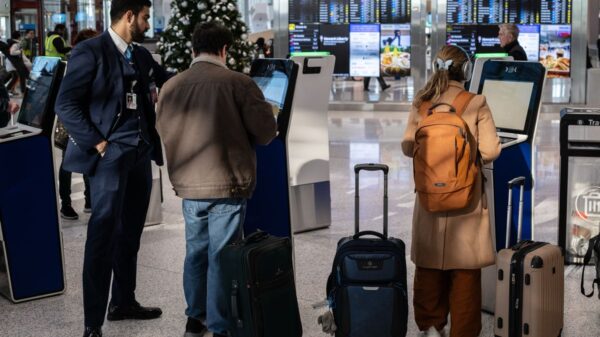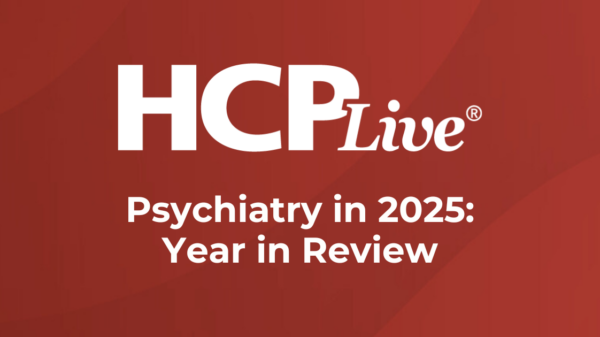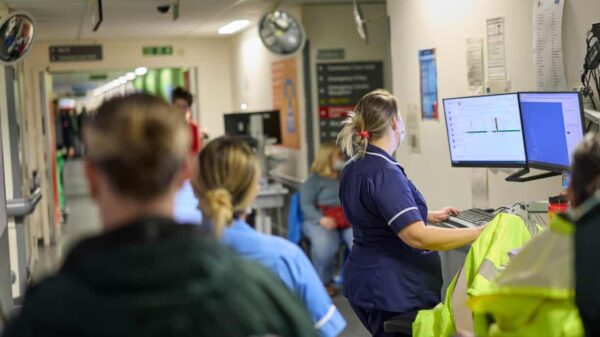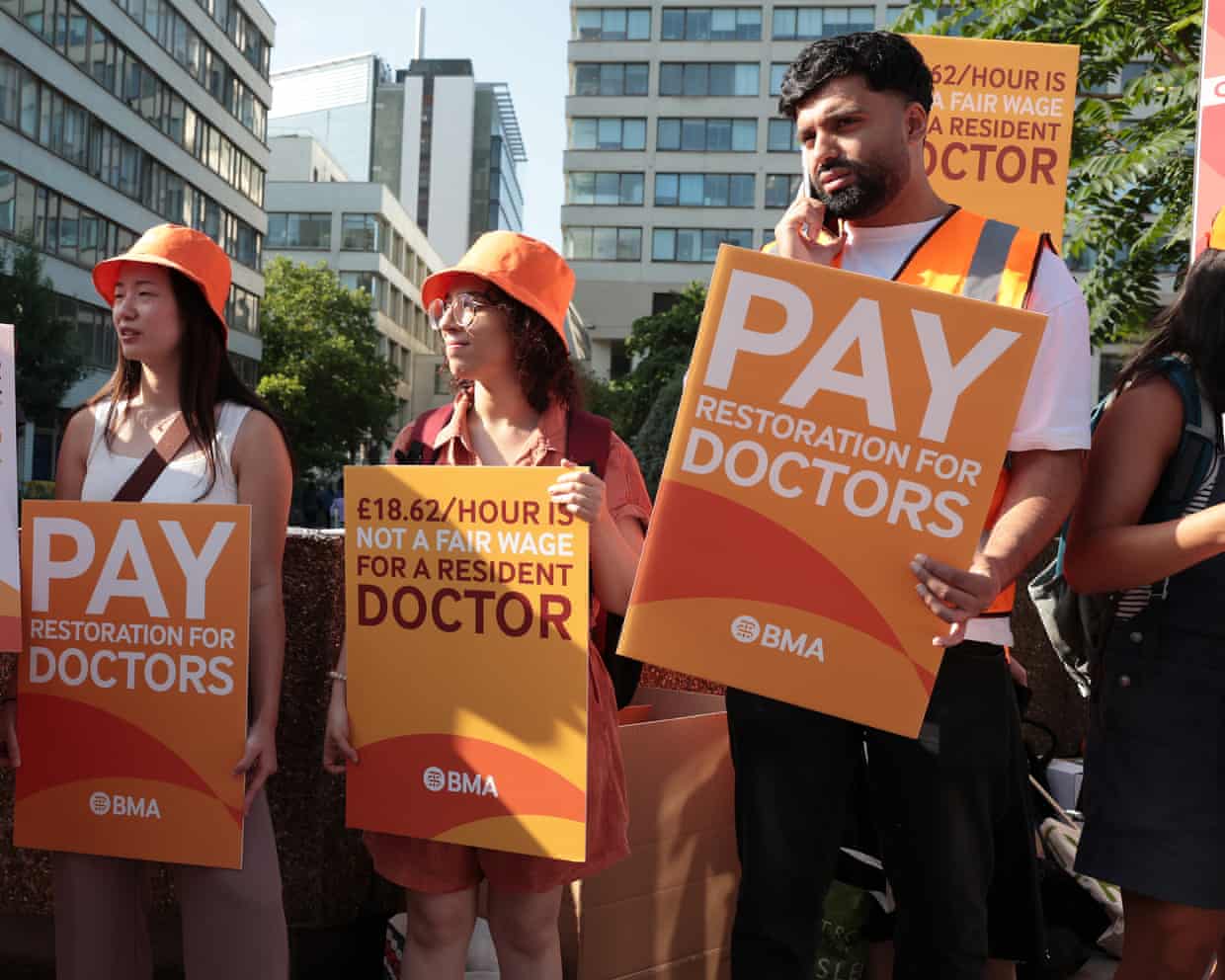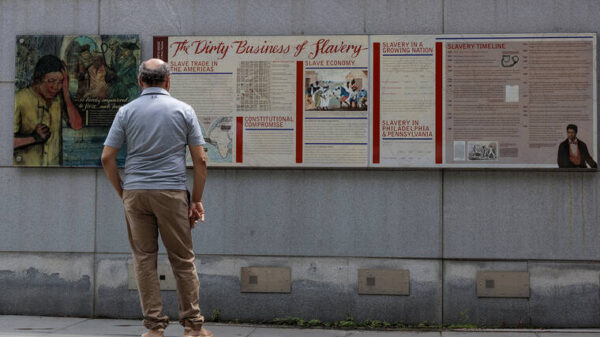Thousands of resident doctors in England have initiated a five-day strike starting at 07:00 on Friday, September 29, 2023, in an ongoing dispute regarding pay. This marks the 13th walkout by medical professionals since March 2023, raising concerns about the potential impact on the National Health Service (NHS).
Health leaders have expressed alarm that the strikes could lead to cuts in frontline staff and reduced availability of appointments and operations. According to the NHS Confederation and NHS Providers, which represent health trusts across the country, the sustained industrial action is exacerbating financial pressures on an already stretched budget. The last strike in July 2023 reportedly cost the health service approximately £300 million.
As a result of the strikes, patients may experience longer wait times for essential care, and many could find themselves unable to work due to delayed treatments. The ongoing disruptions have the potential to hinder progress in reducing waiting lists. Recent data indicated a slight decrease in the waiting list for September, which followed three successive months of increases.
When resident doctors previously walked out, more than 54,000 procedures and appointments were either cancelled or rescheduled, despite the NHS managing to maintain 93% of planned activity. Matthew Taylor, chief executive of the NHS Confederation, stated, “There is no doubt that patients will bear the brunt of this disruption, with tens of thousands of tests, appointments and operations likely to be delayed or cancelled.” He emphasized the frustration many patients would face, particularly those enduring pain or discomfort while awaiting rescheduled treatments.
Government’s Stance on Pay Dispute
Health Secretary Wes Streeting has remained firm on the issue of pay for resident doctors, asserting that they have already received an almost 30% salary increase over the past three years. However, the British Medical Association (BMA) argues that doctors require a 26% pay increase to restore their earnings in real terms, factoring in inflation.
The BMA has explicitly stated that doctors should not be compelled to leave the picket lines to cover planned NHS work during the strike. The union declared it would not agree to “derogations,” which involve asking resident doctors to work when patient safety is at risk, unless NHS trusts have already cancelled scheduled operations and provided incentives for other medical professionals to fill in.
Patient Guidance Amid Strikes
NHS England is advising patients to continue seeking care and to attend any scheduled appointments unless otherwise informed. Patients requiring emergency assistance are encouraged to use the 999 service or visit Accident and Emergency departments as usual. Additionally, the NHS 111 service remains available alongside regular GP services.
As the strike unfolds, the implications for the NHS and patient care will become clearer, with both sides entrenched in their positions. The outcome of this latest walkout could significantly influence not only the immediate health landscape but also the long-term future of healthcare provision in England.











